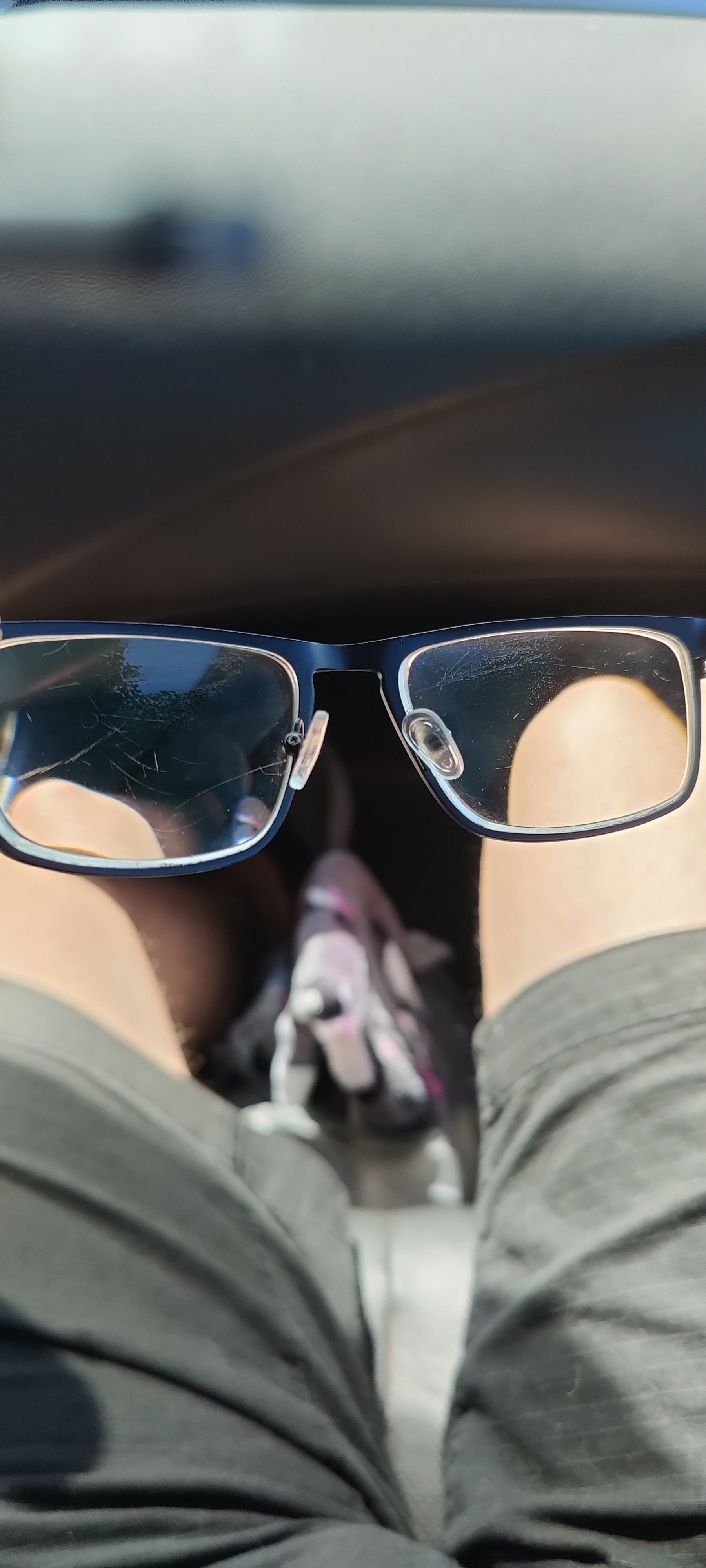Just an FYI, I had that happen to my driving glasses a couple years back. My optometrist said that's because you cannot leave glasses in a hot car as the heat destroys the coating... OK thanks for telling me AFTER the fact, where do you THINK I am keeping a pair of glasses that you designed specifically for my driving vision? And by the way, I've been wearing glasses for over 35 years and always had the anti-glare coating for night driving, what did you change that is suddenly making them self-destruct when they are stored where I need them???
Yeah they had no answers for me. But OP, if you left your glasses in your car, that's probably what happened to the coating.
